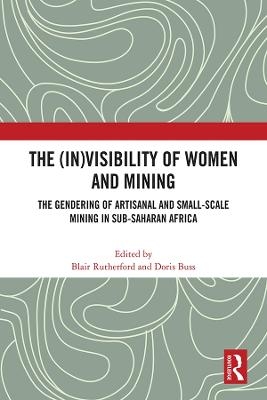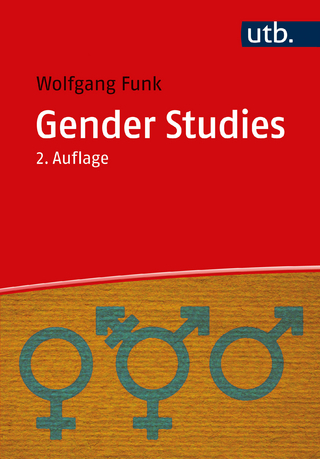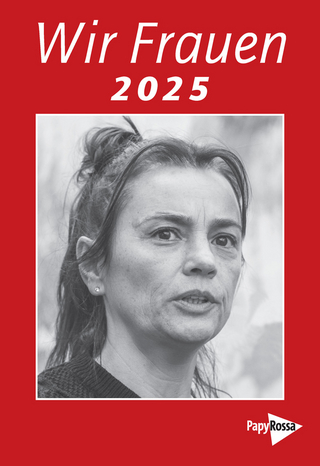
The (In)Visibility of Women and Mining
Routledge (Verlag)
978-1-032-15704-7 (ISBN)
The chapters in this book provide in- depth insight into the gender norms and contexts in which women work in the expanding informal mining sector in sub- Saharan Africa.
Collectively, the research here provides a nuanced account of women’s livelihood strategies in artisanal and small- scale mining (ASM, as its generally known) in ways that challenge images of women— as either victimized by mining or empowered by mining livelihoods, or both— that tend to dominate the growing array of donor and policy interventions in this sector. The authors come from different disciplinary traditions— anthropology, economics, political science, mining engineering, law— but all place questions of gendered power front and centre in their analyses of sociocultural, institutional, economic and political relationships, practices and arrangements within which women navigate their mining livelihoods. The physical or representational presence (and sometimes absence) of women in ASM sites is a linking theme, with the chapters exploring different dimensions of mining and gender— the gendered divisions of labour, migration, land ownership, cultural norms, and gendered authority relations— but also how ‘women’ materialize and are seen and unseen in the growing array of transnational interventions in this sector.
The chapters in this book were originally published as a special issue of the Canadian Journal of African Studies.
Blair Rutherford is Professor of Anthropology at Carleton University and a research associate at the African Centre for Migration & Society at the University of the Witwatersrand. Among other publications, he is the author of two monographs concerning the cultural politics of farm labour in Zimbabwe. Doris Buss is Professor of Law and Legal Studies at Carleton University, cross-appointed to the Institute of African Studies. She teaches and researches in the areas of international law and human rights, sexual and gender-based violence, armed conflict and transitional justice, and the gender dimensions of resource governance.
1. Gendering women’s livelihoods in artisanal and small- scale mining: an introduction 2. A social relations of gender analysis of artisanal and small- scale mining in Africa’s Great Lakes Region 3. Gendered livelihoods in the artisanal mining sector in the Great Lakes Region 4. Impact de l’exploitation minière artisanale de l’or sur la vie des femmes dans les foyers miniers artisanaux, en territoires de Bisengo et de Mosolo: stratégies en matière d’égalité entre les sexes 5. Necessity or choice: women’s migration to artisanal mining regions in eastern DRC 6. Licensing of artisanal mining on private land in Uganda: social and economic implications for female spouses and women entrepreneurs 7. Promoting gender equality in the Rwandan ASM: efforts and obstacles 8. The governance of artisanal and small- scale mining in Manica District, Mozambique: implications for women’s livelihoods 9. Gendered “choices” in Sierra Leone: women in artisanal mining in Tonkolili District 10. “Remember the women of Osiri”: women and gender in artisanal and small- scale mining in Migori County, Kenya Afterword
| Erscheinungsdatum | 30.09.2022 |
|---|---|
| Verlagsort | London |
| Sprache | englisch |
| Maße | 174 x 246 mm |
| Gewicht | 453 g |
| Themenwelt | Sozialwissenschaften ► Soziologie ► Gender Studies |
| Sozialwissenschaften ► Soziologie ► Spezielle Soziologien | |
| Technik ► Bergbau | |
| ISBN-10 | 1-032-15704-6 / 1032157046 |
| ISBN-13 | 978-1-032-15704-7 / 9781032157047 |
| Zustand | Neuware |
| Haben Sie eine Frage zum Produkt? |
aus dem Bereich


